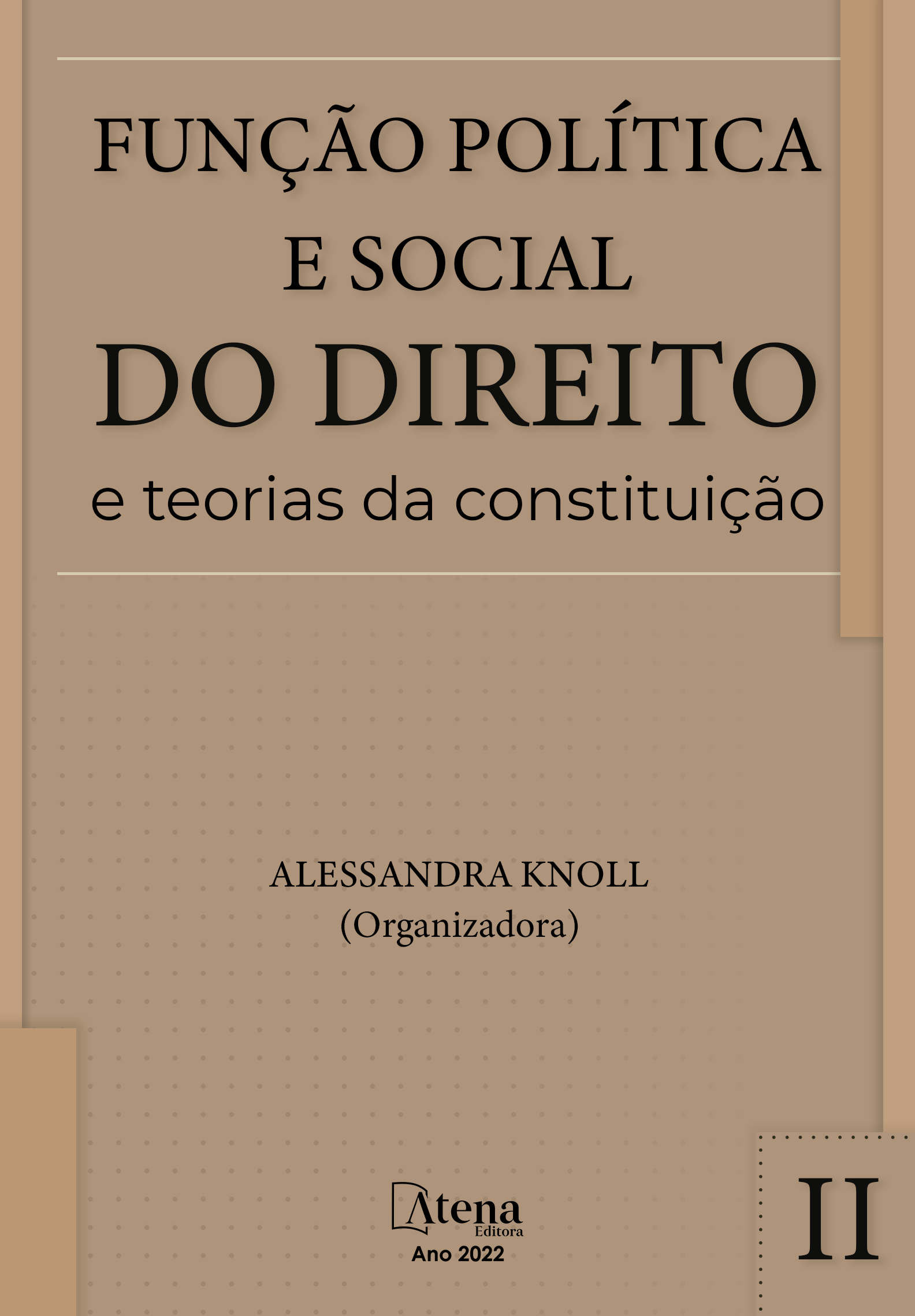
KAIOWÁ/PAĨ TAVYTERÃ: ESPAÇO DE REAFIRMAÇÃO DO DIREITO AO OGUATÁ PORÃ NA FRONTEIRA BRASIL/PARAGUAI
O presente trabalho é fruto do projeto de pesquisa (CNPq) intitulado “O tráfico e migração de pessoas na fronteira de Mato Grosso do Sul em suas dinâmicas e modalidades”, que teve por objetivo analisar a dinâmica da mobilidade espacial dos Kaiowá/Paĩ Tavyterã localizados na região de fronteira Brasil/Paraguai. O estudo privilegia a motivação da mobilidade deste povo, o rearranjo desta população ao chegar no novo território, à concepção de mobilidade espacial (Oguatá Porã) para esta população e seus deslocamentos no espaço/tempo. Partindo-se de reflexões teóricas de autores que trataram do assunto, constata-se que povo Kaiowá/Paĩ Tavyterã possui processo próprio de ocupação de um território tradicional no qual ocorrem esses deslocamentos, sendo nele que as comunidades estabelecem redes sociais pautadas pelas relações de parentesco e afinidades, nem sempre compreendidas pelo Estado. A análise histórica e antropológica ressalta a importância do direito consuetudinário para que se possa compreender a limitação do Oguatá Porã imposta pelos Estados Nacionais e seus impactos sobre essas populações, que reflete uma limitação ao direito de ir e vir dos povos originários. O estudo abordou a mobilidade humana entre as aldeias Tei’ykue, localizada no município de Caarapó, Aldeia Taquaperi, no município de Coronel Sapucaia, ambas no Estado de Mato Grosso do Sul/BR e a Aldeia Pysyry, localizada no Departamento de Amambay, distrito de Pedro Juan Caballero/PY. Por meio da pesquisa bibliográfica e do trabalho de campo, a pesquisa concluiu que as limitações à mobilidade dos povos indígenas afetam a sua esfera de direitos, contribuindo para a ineficácia de disposições constitucionais e tratados internacionais.
KAIOWÁ/PAĨ TAVYTERÃ: ESPAÇO DE REAFIRMAÇÃO DO DIREITO AO OGUATÁ PORÃ NA FRONTEIRA BRASIL/PARAGUAI
-
DOI: 10.22533/at.ed.7902226018
-
Palavras-chave: Mobilidade transfronteiriça. Povos indígenas. Territorialidade Kaiowá/ Paĩ Tavyterã. Constituição Federal de 1988.
-
Keywords: Cross-border mobility. Indigenous peoples. Kaiowá/ Paĩ Tavyterã territoriality. Federal Constitution of 1988.
-
Abstract:
This paper is the result of the research project (CNPq) entitled "The trafficking and migration of people on the border of Mato Grosso do Sul in its dynamics and modalities", which aimed to analyze the dynamics of spatial mobility of the Kaiowá/Paĩ Tavyterã located in the border region Brazil/Paraguay. The study focuses on the motivation for mobility of this people, the rearrangement of this population upon arrival in the new territory, the conception of spatial mobility (Oguatá Porã) for this population and their displacements in space/time. Based on theoretical reflections by authors who have dealt with the subject, it can be seen that the Kaiowá/Paĩ Tavyterã people have their own process of occupation of a traditional territory in which these displacements occur, and in which the communities establish social networks based on kinship and affinity relations, not always understood by the state. The historical and anthropological analysis highlights the importance of customary law in order to understand the limitation of the Oguatá Porã imposed by the National States and its impacts on these populations, which reflects a limitation on the right to come and go of the original peoples. The study addressed the human mobility between the Tei'ykue villages, located in the municipality of Caarapó, the Taquaperi Village, in the municipality of Coronel Sapucaia, both in the State of Mato Grosso do Sul/BR and the Pysyry Village, located in the Department of Amambay, district of Pedro Juan Caballero/PY. Through bibliographic research and fieldwork, the research concluded that limitations to the mobility of indigenous peoples affect their sphere of rights, contributing to the ineffectiveness of constitutional provisions and internationals treaties.
-
Número de páginas: 15
- Andréa Lúcia Cavararo Rodrigues
- Antonio Hilario Aguilera Urquiza
- Marco Antônio Rodrigues


